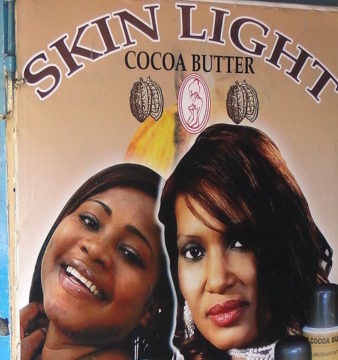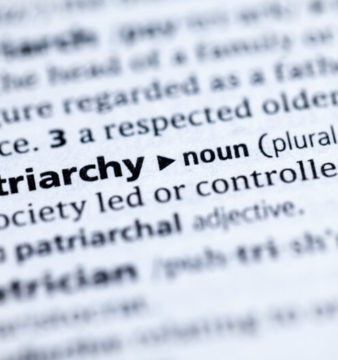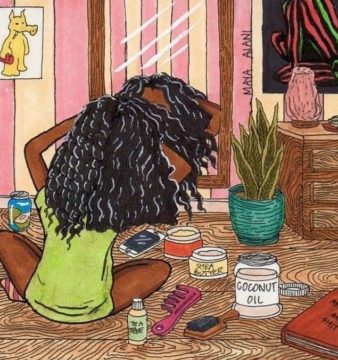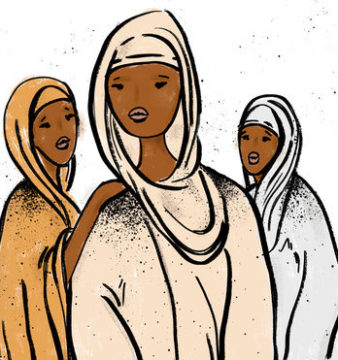Sudan After The Fall
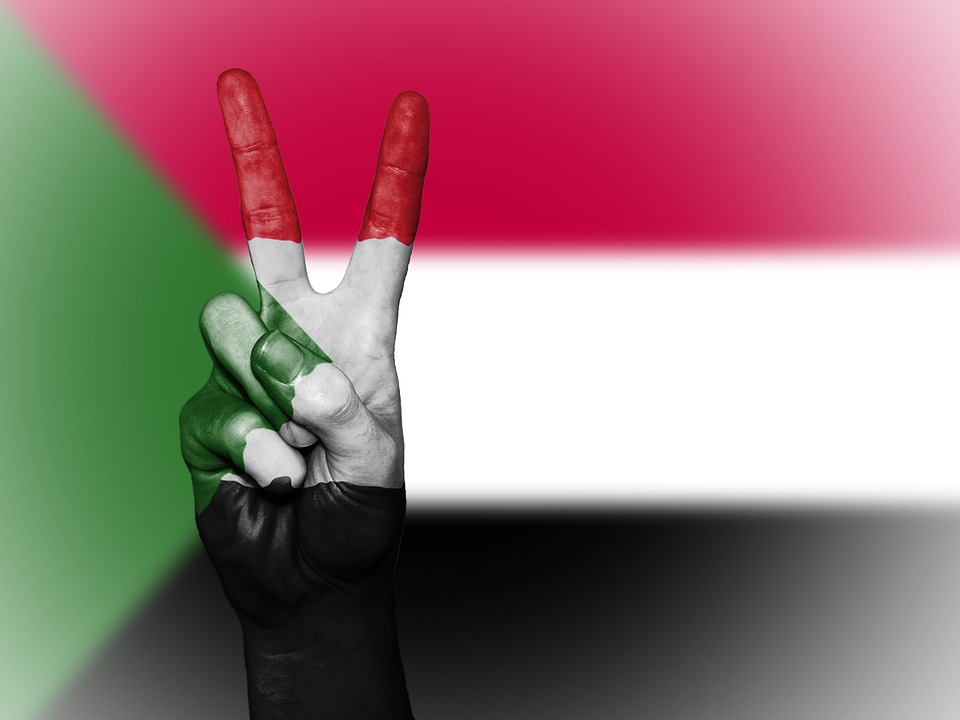
In 1989, Sudanese President Omar Al Bashir seized power after a coup masterminded by the late Sudanese politician Dr Hassan Al Turabi. The purpose of the coup was to establish an Islamic government, and to ‘save’ Sudan from the economic crisis at the time of bread, fuel and water shortages. Thirty years later, history has repeated itself but in the worst way. Another economic crisis has hit in Sudan – one worse than the one that took place when Al Bashir first seized power.
Yet again, Sudan is suffering from shortages of basic commodities such as bread and fuel, which triggered protests across Sudan since December 2018. And that is just the tip of a terrifying iceberg – the inflation rate is at an all-time high, Sudan is at least USD 56 billion in debt, and the unemployment rate is at least 20%.
The country’s social state isn’t any better either. Freedom of speech is almost non-existent in Sudan, recognised as one of the least free countries in the world in terms of freedom of speech and freedom of press. Sudan is ranked 174th (out of 180 countries) on the Reports Without Borders (IRF) 2018 World Press Freedom Index. With a lack of basic human rights and services, Sudan also ranks 167th out of 186 countries on the Human Development Index (HDI). More than 24 million people in Sudan don’t have access to electricity, and there is a 0.79 hospital bed per 1,000 people – all indicating a serious need for radical change.
After long-standing shortages of bread and fuel as well as a hike in their prices, an uprising began on 19 December 2018, calling for the President Al Bashir – and his regime – to step down. Although it started for economic reasons, the demands of protesters have now extended to a call for ‘freedom, peace, justice’ amongst other things.
Apart from being the longest-running protests in modern Sudanese history, there are many factors that make this uprising unique. People are more organised, patient and rational, women are in the forefront leading many of the protests, more diverse groups are participating, and more importantly, the regime lost whatever prestige it had in people’s hearts and minds.
For a better and just Sudan, we need to examine the inadequacies of the current Sudan. The problem is not just the regime. There are many societal issues that need to be addressed and overcome for a new and better Sudan to be born.
Overvaluing traditions
Traditions represent an important part of culture. They are a reminder that we are part of history, passing down something significant from the past, and they shape who we are today. But to have a better future and build a better country for future generations, we need to be able to evolve, examine and evaluate these traditions. Most traditions are valuable but there are some that need to be re-examined, and maybe even changed. Putting traditions on a pedestal prevents us from progressing towards a more inclusive and ideal society.
For example, in some parts of Sudan, young girls or women are not allowed to go to school. If they do, it is often for the duration it takes to learn the basics of how to read and write. According to a 2015 report, almost 40% of Sudanese females are illiterate compared to just under 20% of the males.
Traditions matter, but in a world where the only constant is change, we need to be able to adapt and evolve. This cannot be done if traditions continue to be overvalued – especially traditions that cause more harm than good.
Intolerance and racism
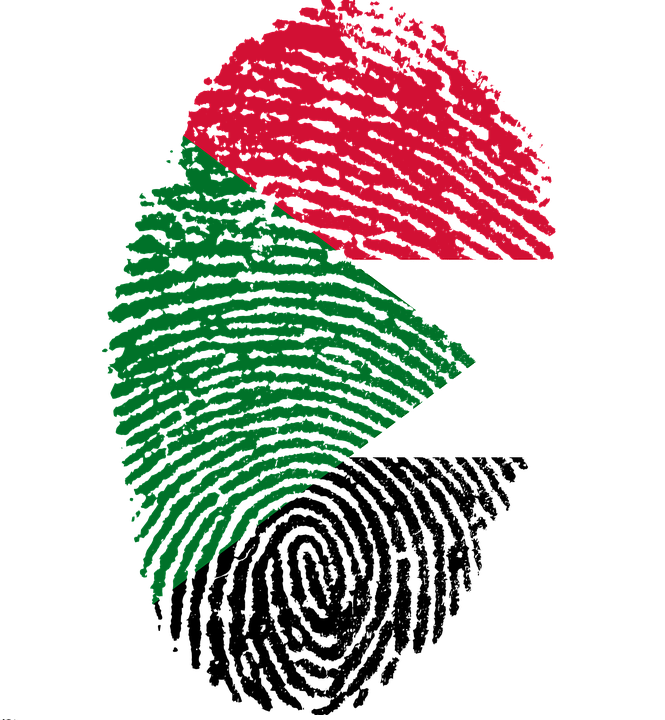
Image source: Kurious/PixaBay
Sudan is a diverse country, there are 19 major ethnic groups and over 500 ethnic subgroups, speaking more than 100 languages and dialects.
Since independence, Sudanese failed to live in harmony, while most of the struggle is around race (Arabs vs non-Arabs), there are issues even among ethnic groups such as the conflict between Rizigaat and Ma’alya in Darfur. Although some of the elements fuelling these conflicts existed since colonisation, the current regime played a hand in deepening the crisis. Al Bashir and his regime systematically persecuted minorities all over Sudan, fuelling conflicts in eastern, western and southern Sudan, leading to a war that lead to the separation of South Sudan.
Elements of intolerance and racism is seen not only in government practices but in society as well. Intolerance is commonly described as the unwillingness to accept views, beliefs, or behaviours that differs from one’s own views and beliefs. Closely looking within Sudanese societies, a lack of tolerance is demonstrated. It is evident in the ongoing tribal conflicts, Sunni-Sufi clashes, the lack of cooperation between opposition parties, the lack of intermarriage between different Sudanese ethnicities and tribes, and more.
Tolerance is an essential virtue in a democratic society, and for Sudan to evolve, racial, and ethnic practices and views need to be accepted and respected. Sudan is a very diverse and culturally rich country, having a more inclusive society will allow us to leverage these different mixtures and become a more powerful country. Having more diverse people involved in governance will enable discussions that lead to a better Sudan. As Sudanese journalist Muna Abd Elfatah said:
‘These conflicts that Sudan faces, are a result of continuous marginalisation of the [other] … and to be free of this failure in managing the diversity of Sudan, we must establish a democratic system of governance that insures equal representation of all segments of society without discrimination.’
When there’s room for intolerance, there will be room for racism and discrimination. The negative impacts of racism are abundantly clear in the atrocities the government has committed on the people of Darfur, South Sudan, Nuba Mountains and more. Accepting Sudan as only an Arab Muslim country, the government failed to embrace the many African ethnicities of Sudan. But as the late South Sudanese politician and revolutionary leader Dr John Garang said:
‘Let us first and foremost accept ourselves as Sudanese, this is what can unite us, Arabism cannot unite us, Africanism that is opposed to Arabism cannot unite us, Islam cannot unite us, Christianity cannot unite us. Sudan-ism can unite us, let us also drop this crazy idea that we must all be Arabs, even God will not accept this, [God] in his infinite wisdom, it is the same God that made the 500 ethnic groups in Sudan.’
Ironically, Sudan, a Muslim country, failed to adopt Islamic practices such as tolerance and assimilation, which Islamic faith encourages.
‘O men! Behold, We have created you all out of a male and a female, and have made you into nations and tribes, so that you might come to know one another.’ (Quran, 49:13)
Inequality and Injustice
Since its early days, the current regime showed a huge disregard for the rule of law. They continued to infringe on people’s rights. Their practices precluded many people’s pursuit of life and liberty. As the late former US president Thomas Jefferson said:
‘We hold these Truths to be self-evident, that all Men are created equal, that they are endowed by their Creator with certain unalienable Rights, that among these are Life, Liberty, and the Pursuit of Happiness.’
Injustice has long been present in Sudan. Abuse of power is practiced even by the least authoritarian individuals, mirroring the unjust principles and practices of the government. It has empowered people to be unjust themselves. The late American minister and social activist Martin Luther King Jr said:
‘Injustice anywhere is a threat to justice everywhere. We are caught in an inescapable network of mutuality, tied in a single garment of destiny. Whatever affects one directly, affects all indirectly.’
One of the greatest effects of injustice in Sudan is the inequality in almost all areas of society. With a huge focus on the centre, there is no equal access to services in rural parts of Khartoum and Sudan in general. Employment opportunities are often monopolised by certain ethnic groups or those loyal to the ruling party.
Nepotism
Nepotism, the practice among people in power of granting favours to relatives in various fields, is very common in Sudan to the point where it’s considered normal. The regime worked hard to dismantle unions – which normally advocate for employees’ rights and protect organisations against corrupt laws. Almost all the existing ones are managed by members of the ruling National Congress Party (NCP).
Despite claiming to be an Islamic government, Al Bashir and his regime adopt practices of nepotism which Islam clearly forbids. Prophet Mohammed (PBUH) warned against nepotism or favouritism when he said:
‘Whoever assumes a position and appoints someone – solely on favouritism – then may Allah’s curse be upon him, Allah will not accept his deeds, and he will go to Hell.’
This had led to a Sudan where employment is gained by favours or through connections rather than by qualifications and competence.
For an ideal and progressive Sudan, any form of appointments must be based on credentials with equal opportunity for all men and women. As the late former president of South Africa and anti-apartheid revolutionary Nelson Mandela said:
‘I have cherished the ideal of a democratic and free society in which all persons live together in harmony and with equal opportunities. It is an ideal which I hope to live for and to achieve. But if needs be, it is an ideal for which I am prepared to die.’
It is important to study what led to Sudan’s current state to ensure history is not repeated once Al Bashir and his regime falls. As a society with a common set of values and beliefs, each member of society will need to examine their beliefs and practices. Each individual has a part to play and a duty to perform. One of the reasons that made this regime last this long is people’s silence and their willingness to look the other way.
This regime will fall, and when it does, we need to be ready to:
- Make sure that these harmful ideals fall with it
- Be ready to rebuild and aspire towards a better, just and more inclusive Sudan
- Protect this uprising and to not repeat the same mistakes again
- Fight any injustice, no matter how small
- Stand-up for what’s right and protect the rights of everyone
- Advocate for a healthier, more inclusive society
- Educate ourselves and others, learn our rights and raise awareness to important issues
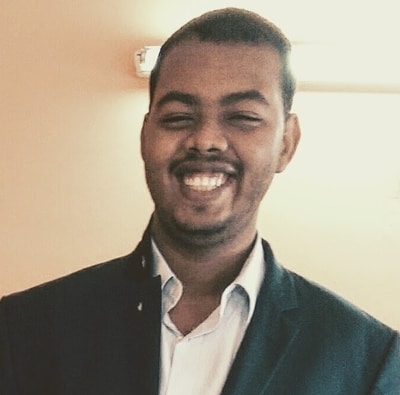 Mohammed Jalad is a 24-year-old engineer, tech enthusiast and introvert currently living in Malaysia. Exploring writing for the first time, Mohammed will delve into topics of technology and education as well as self-help and motivation.
Mohammed Jalad is a 24-year-old engineer, tech enthusiast and introvert currently living in Malaysia. Exploring writing for the first time, Mohammed will delve into topics of technology and education as well as self-help and motivation.

